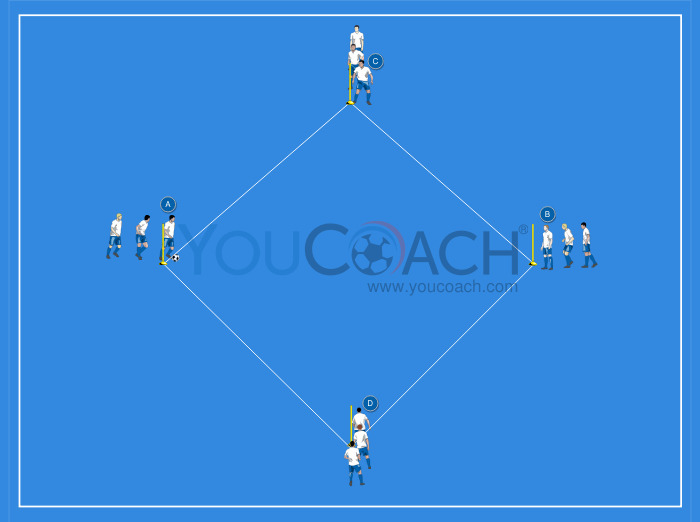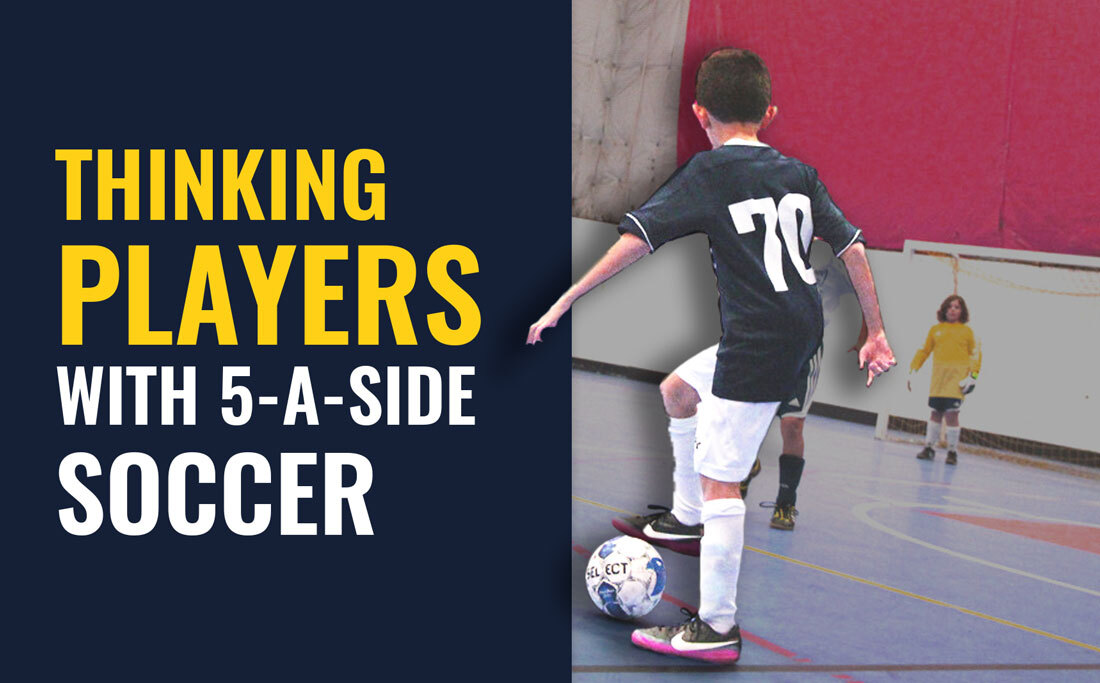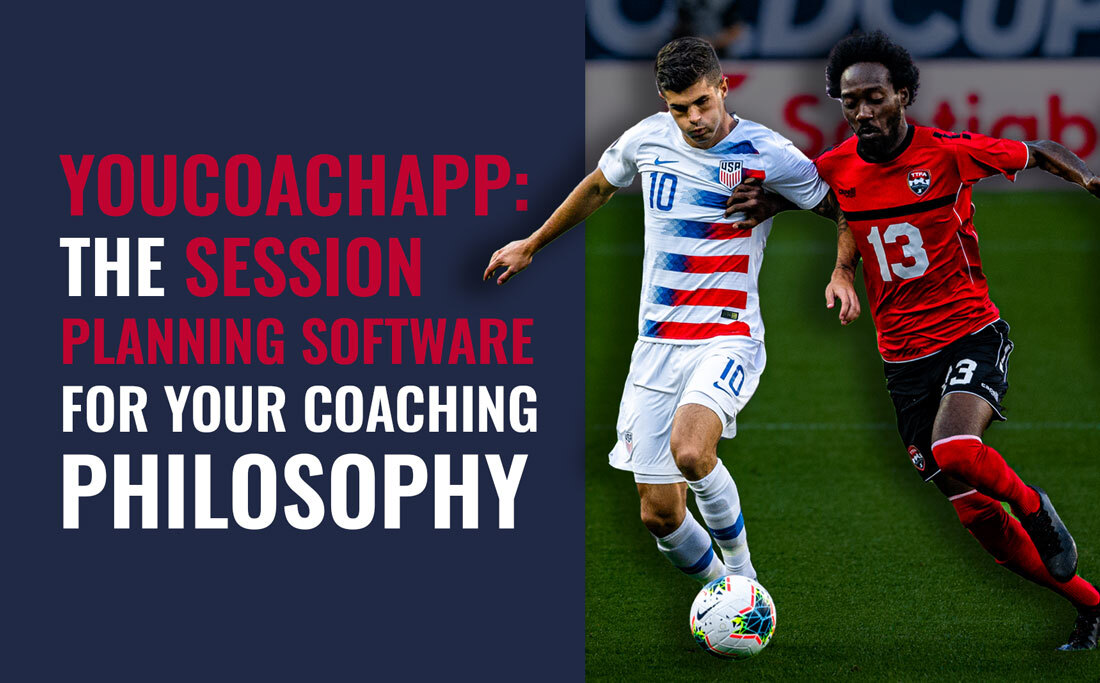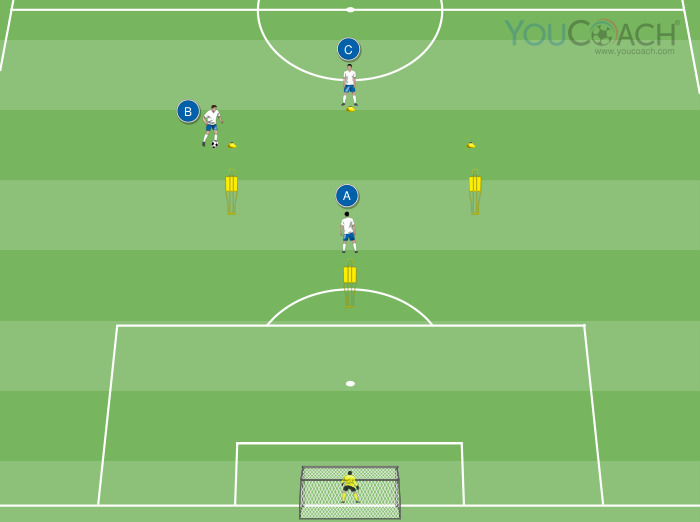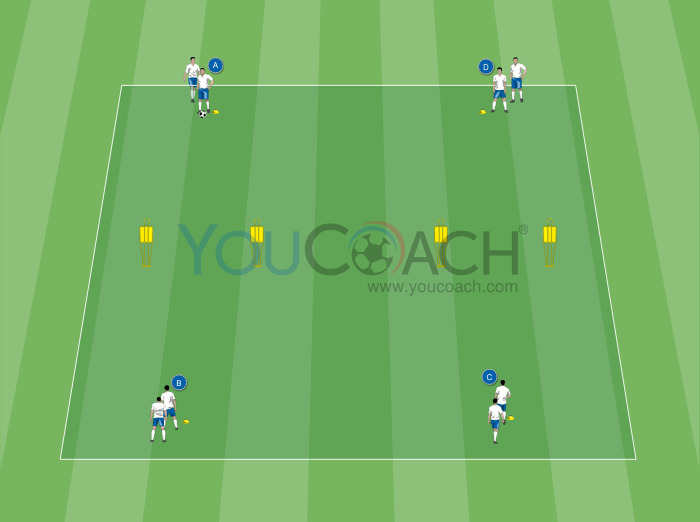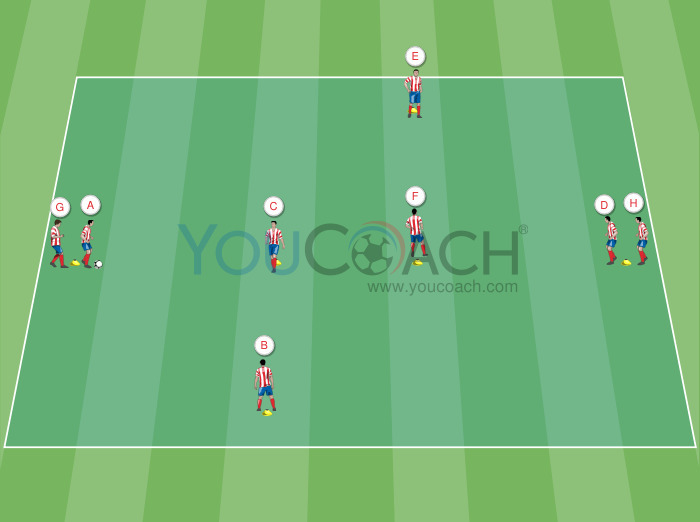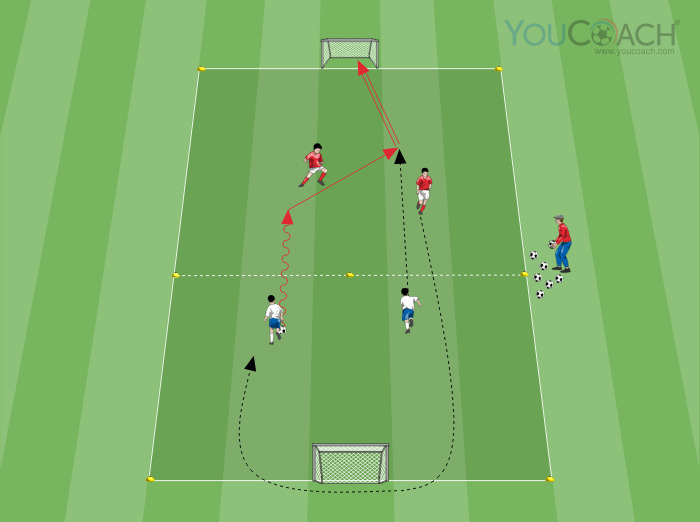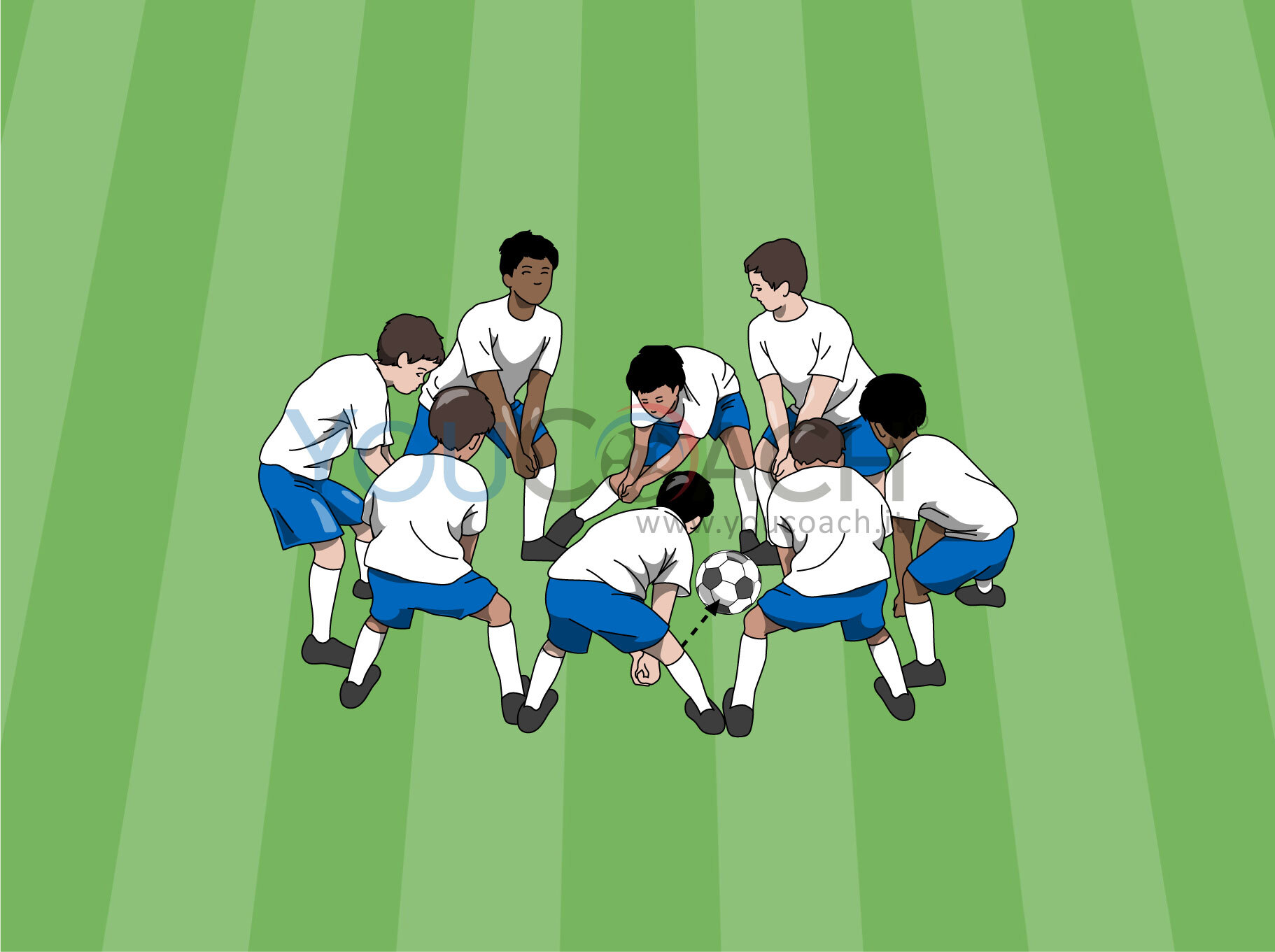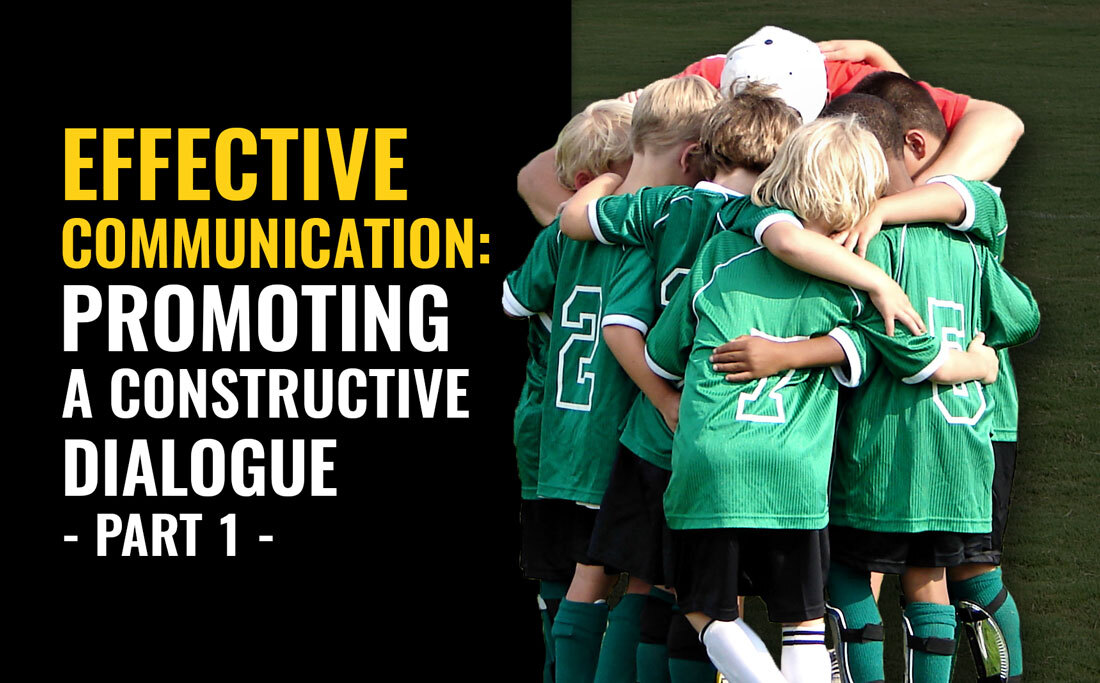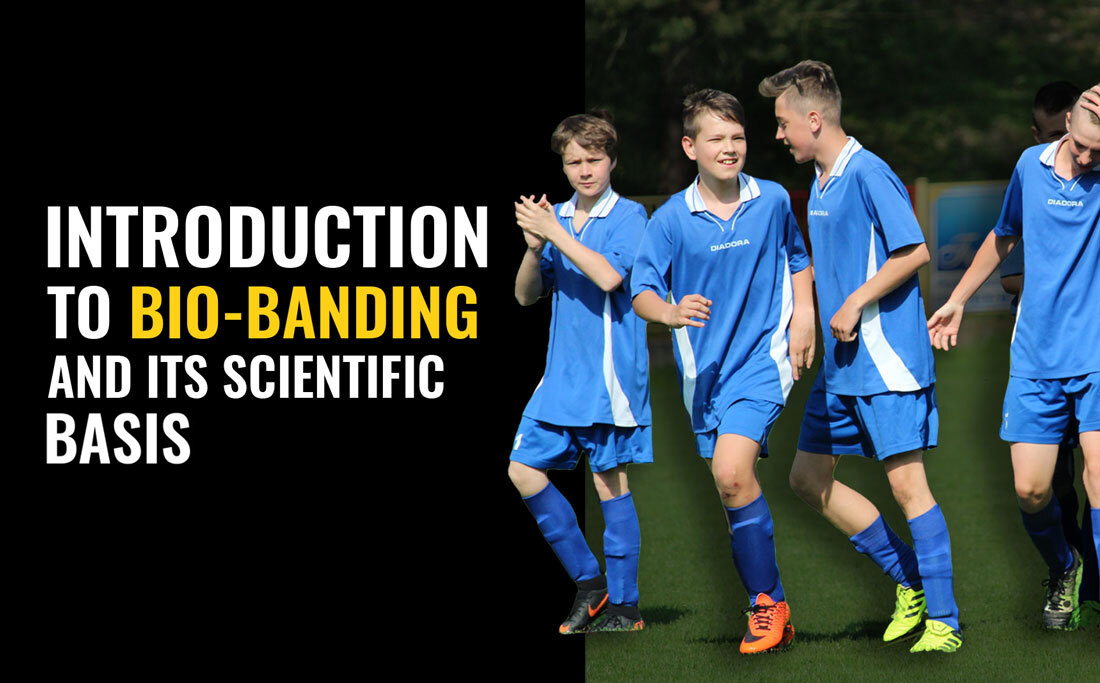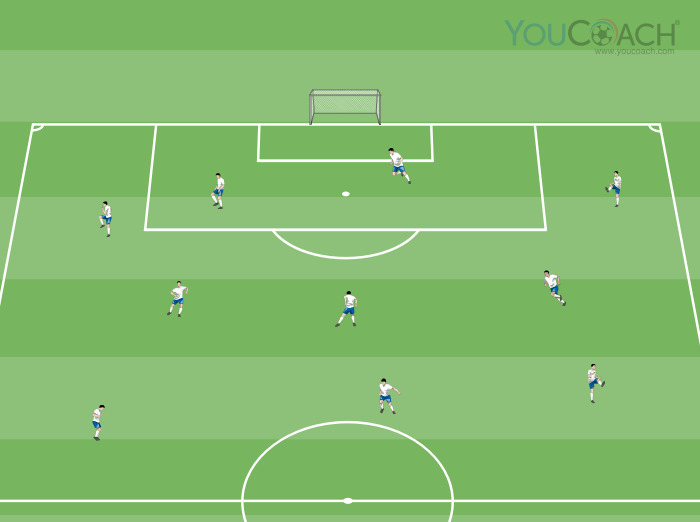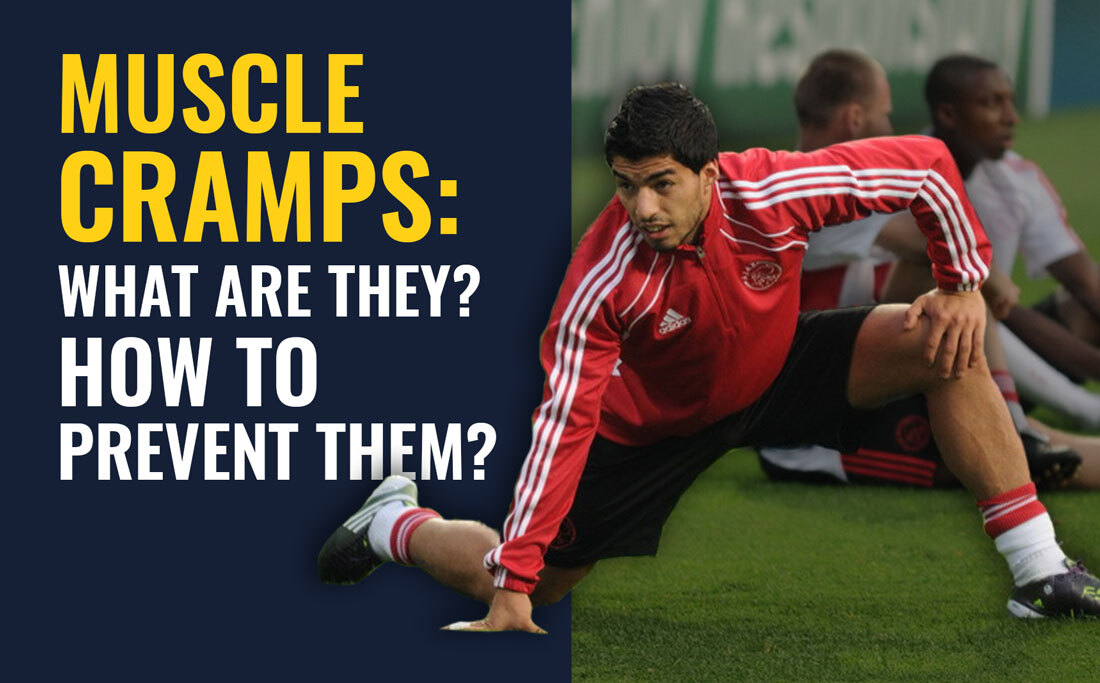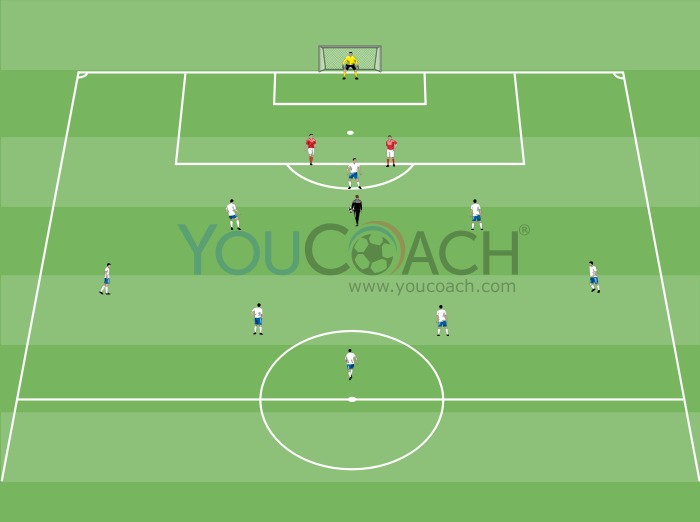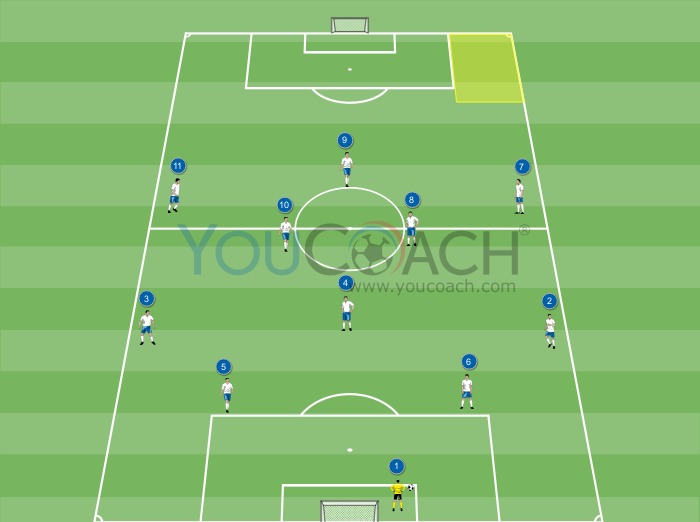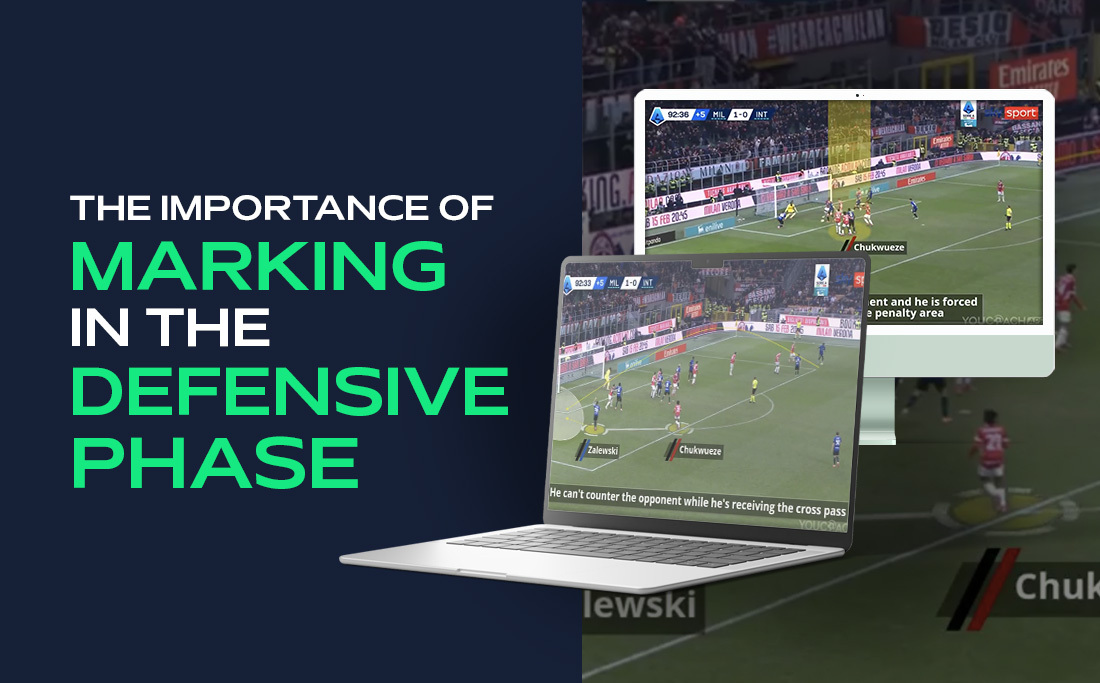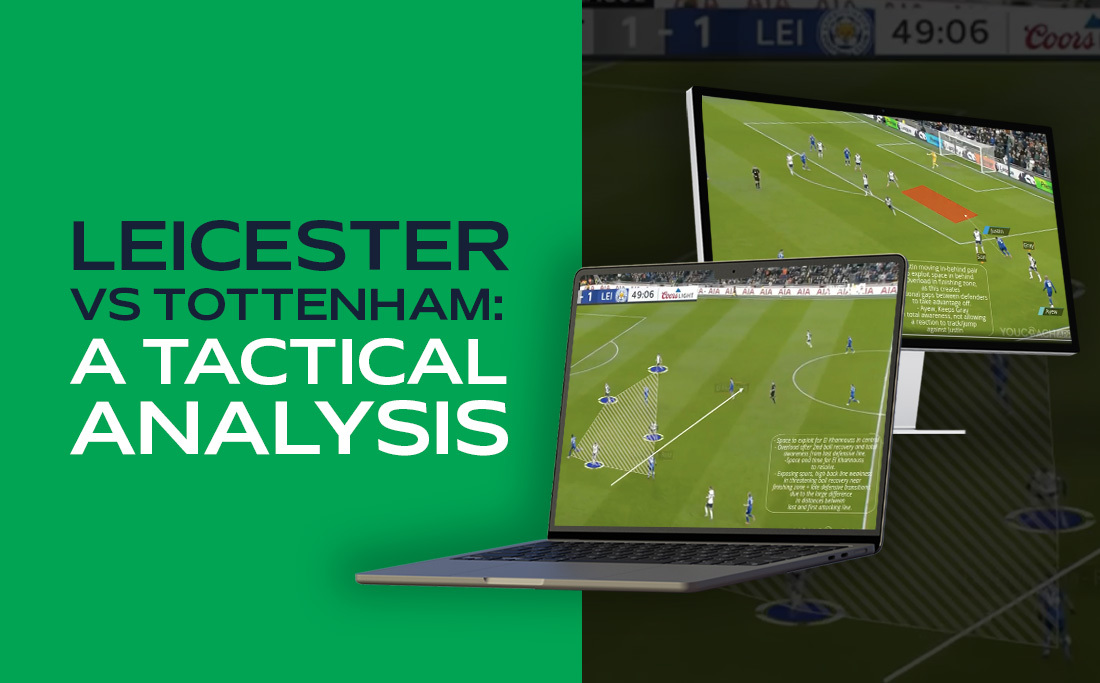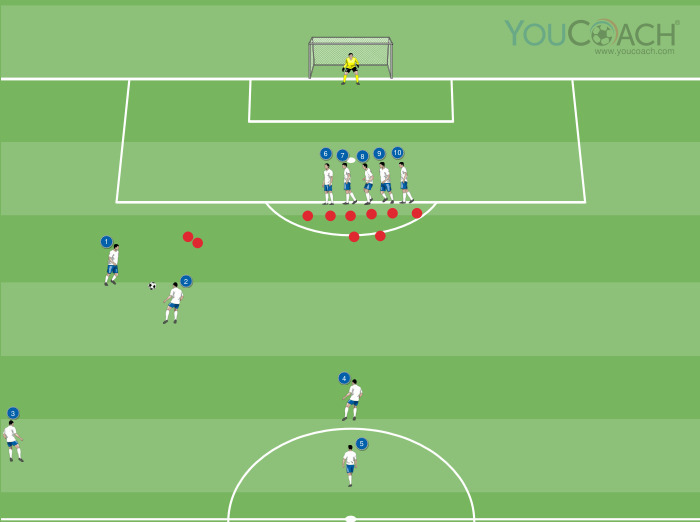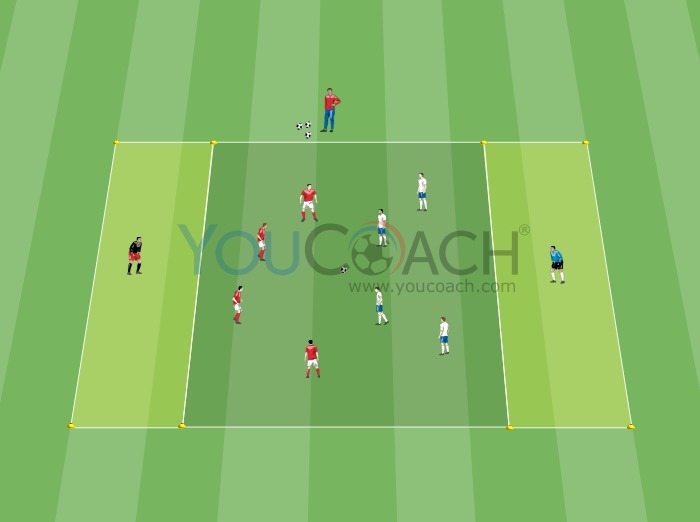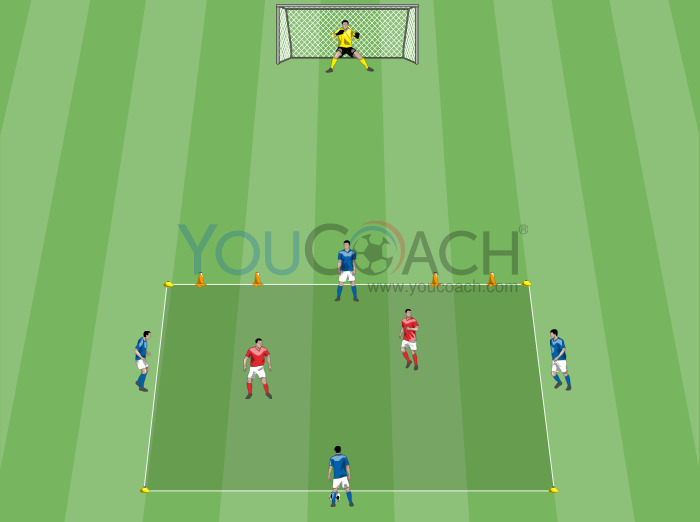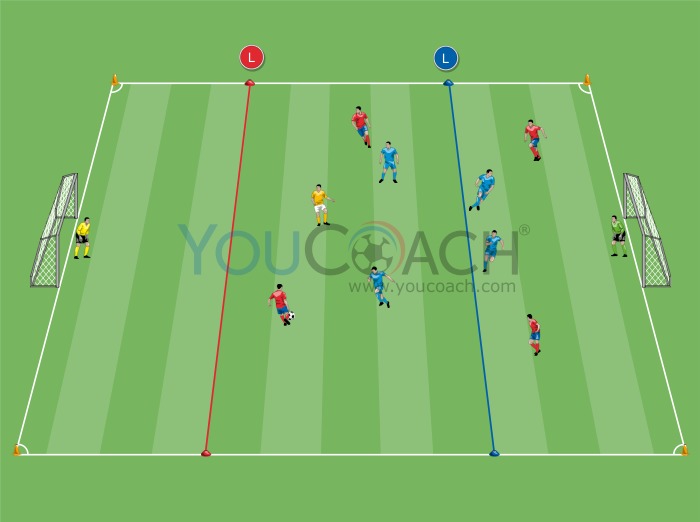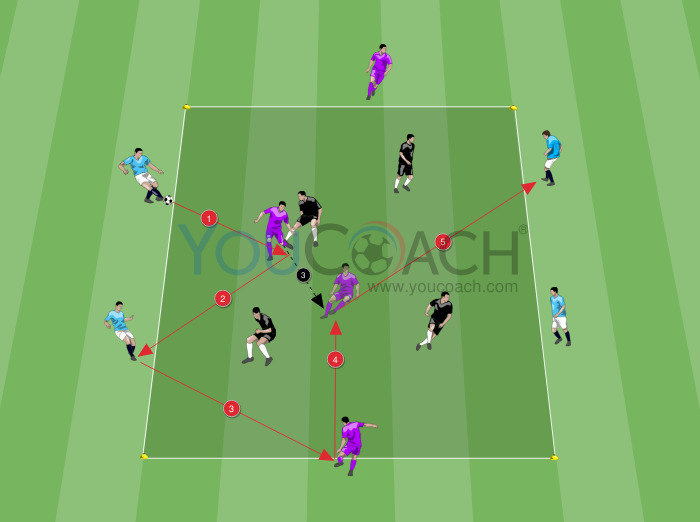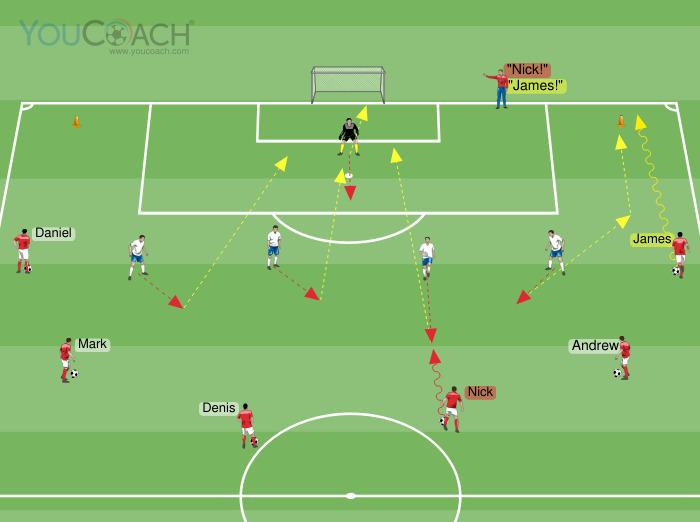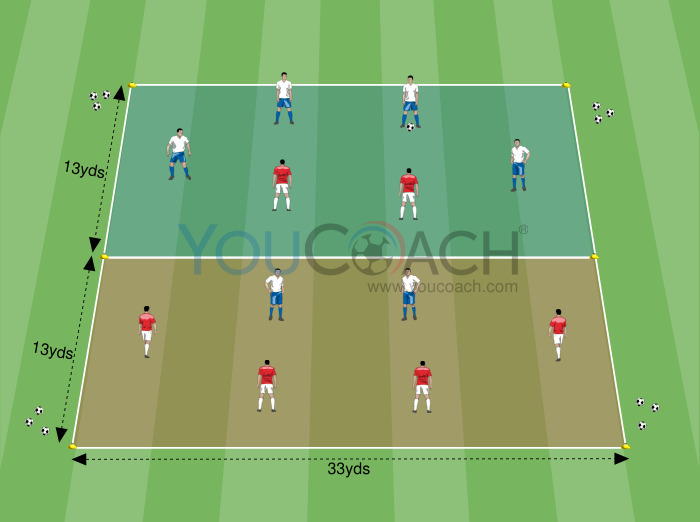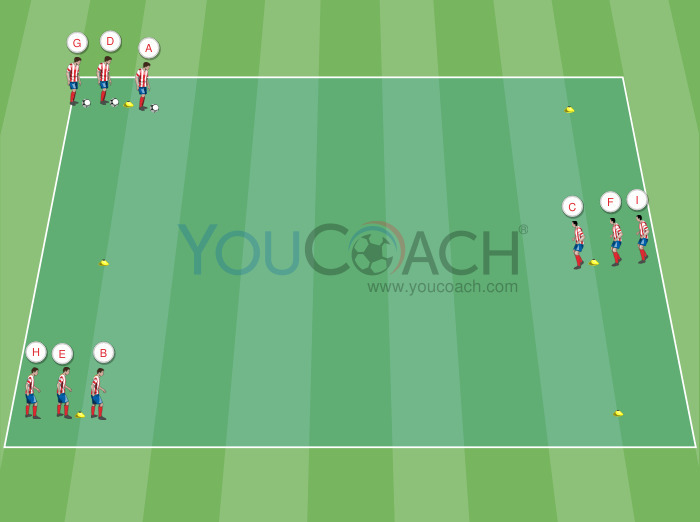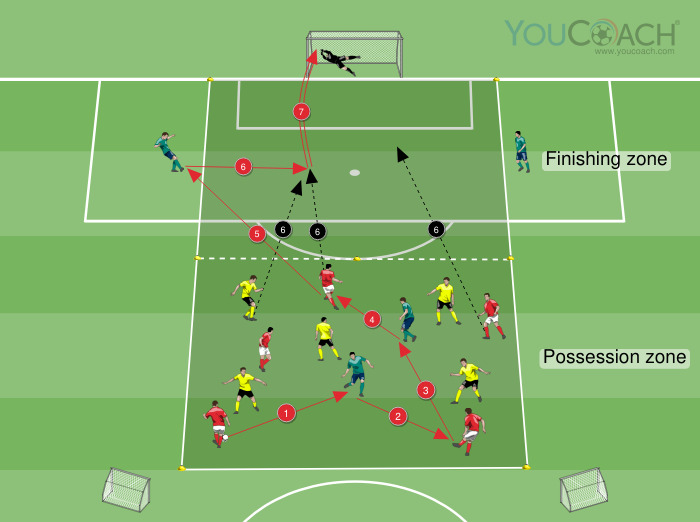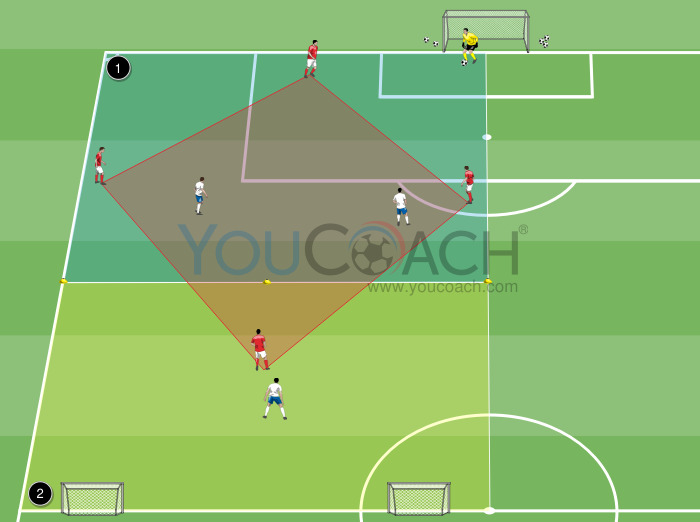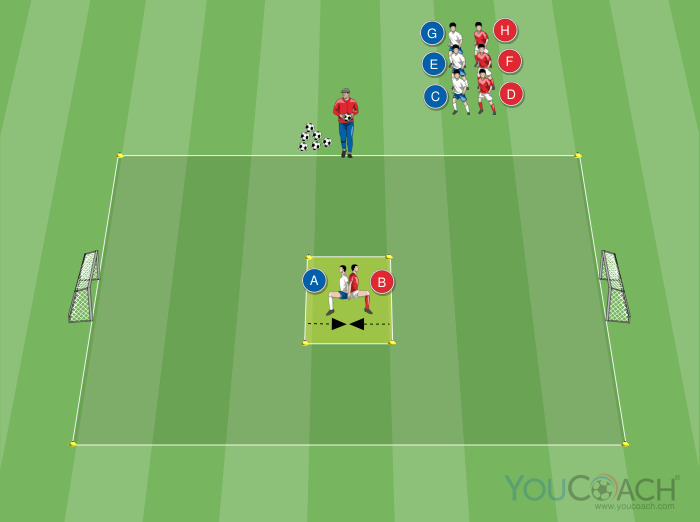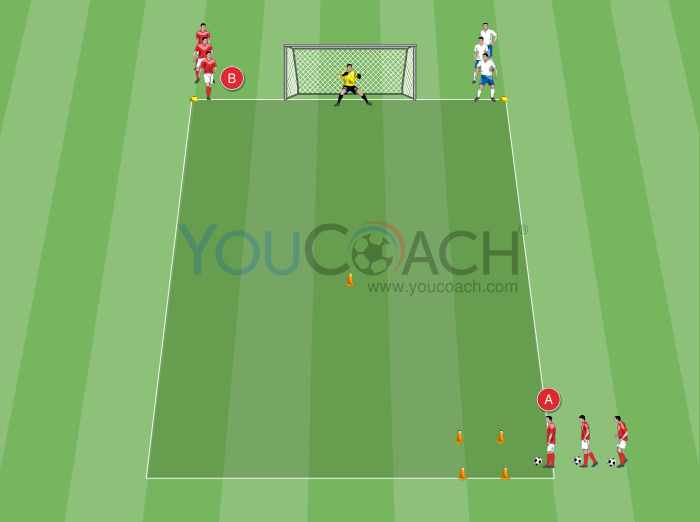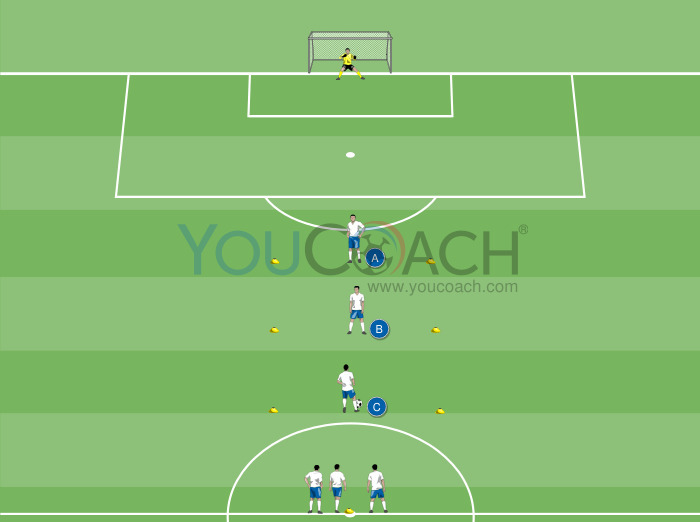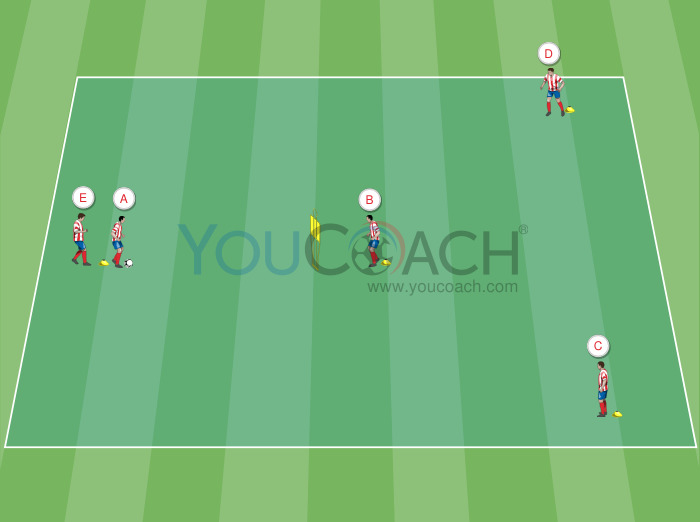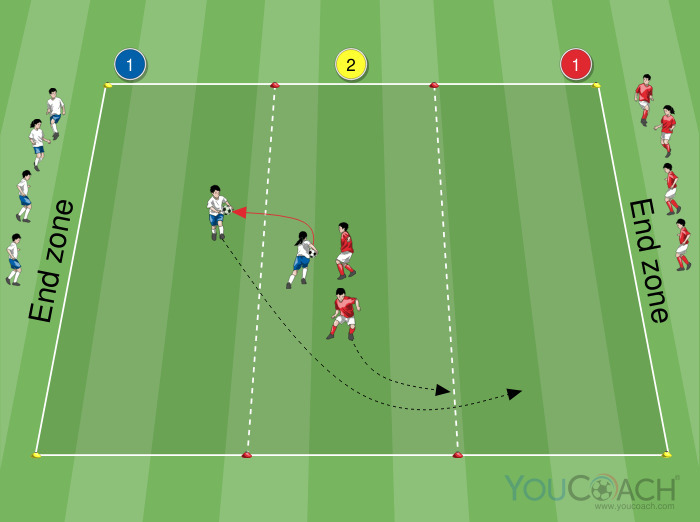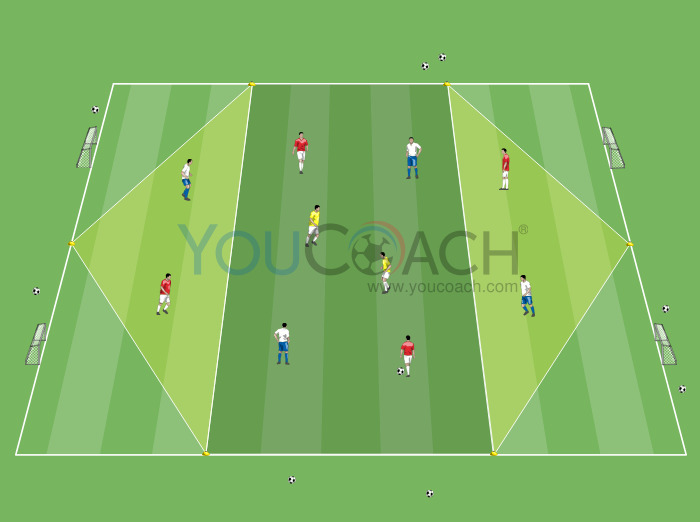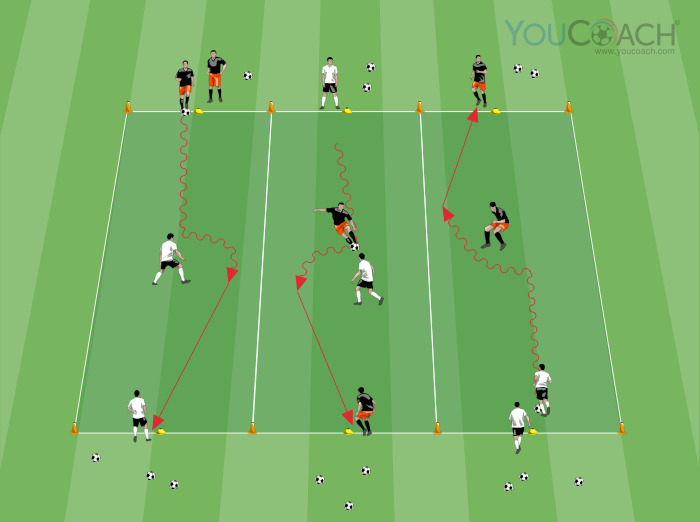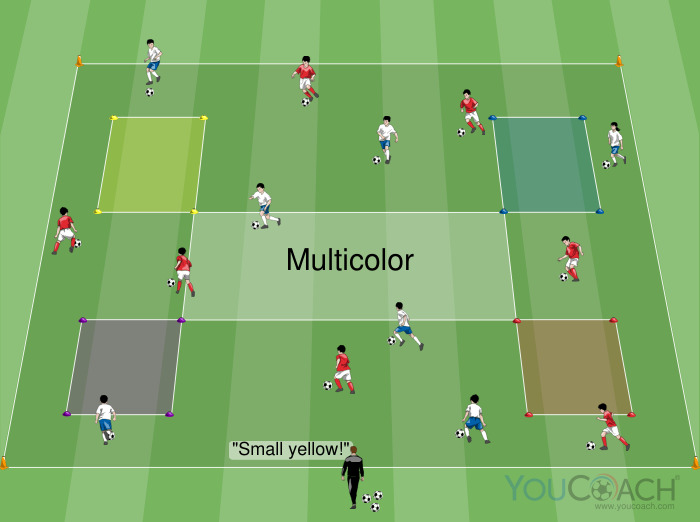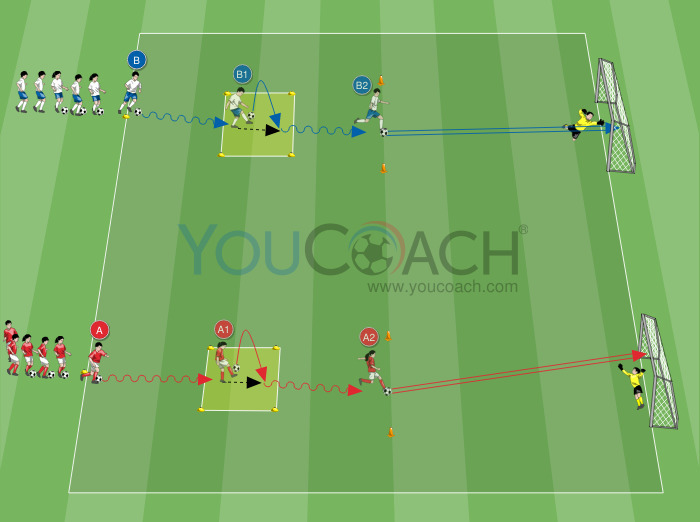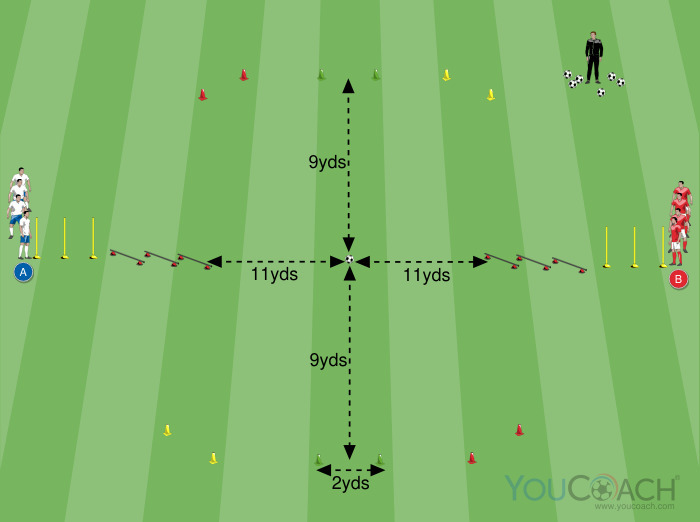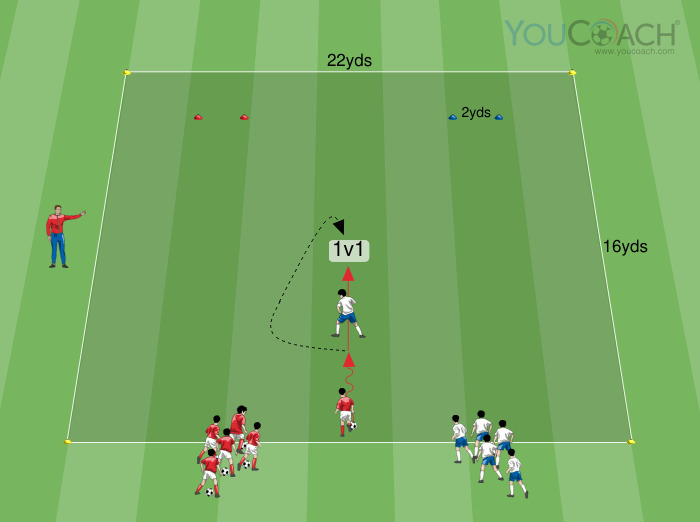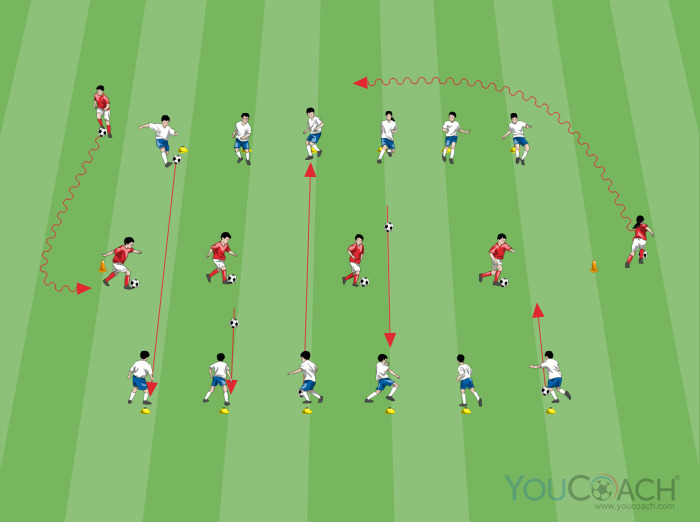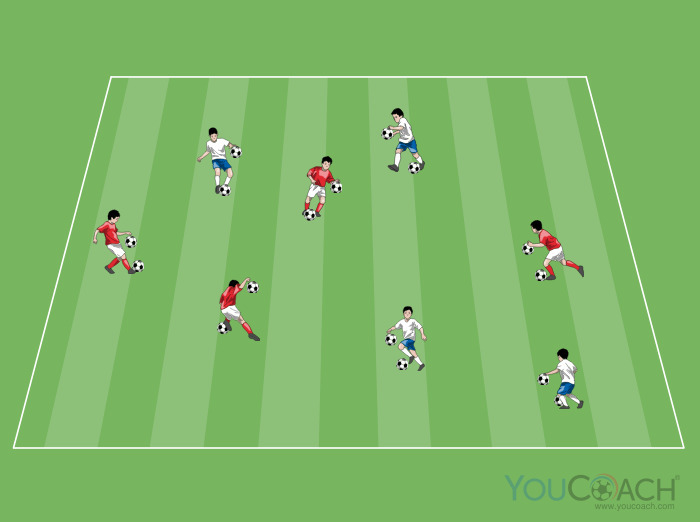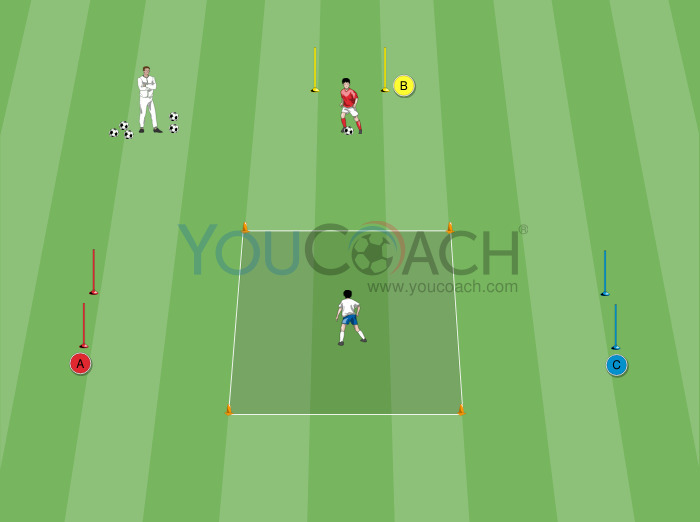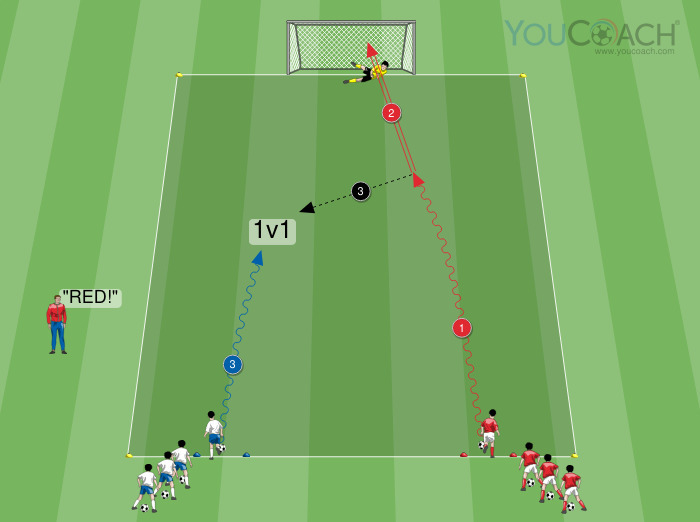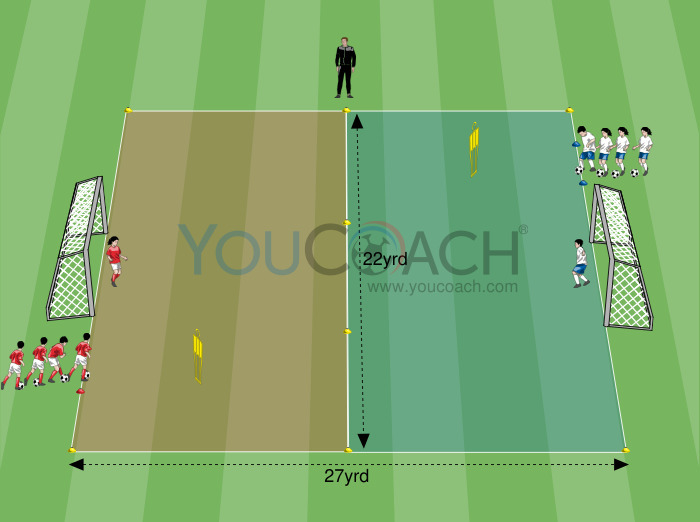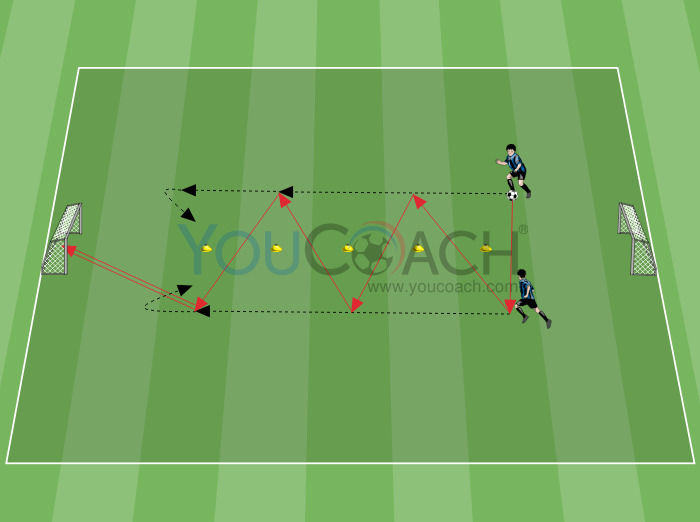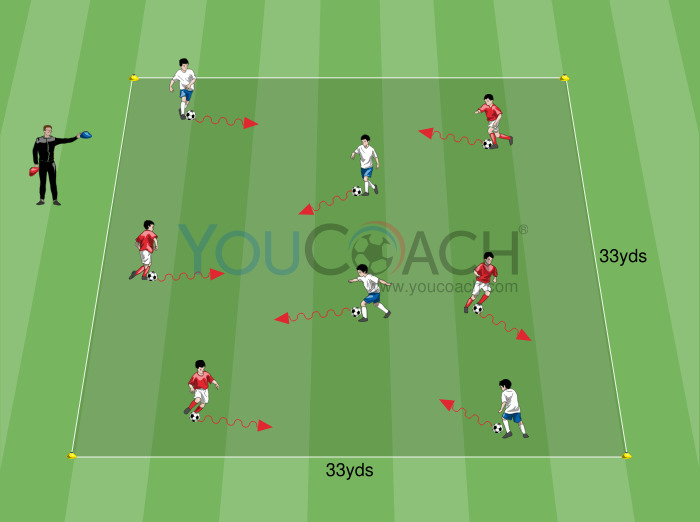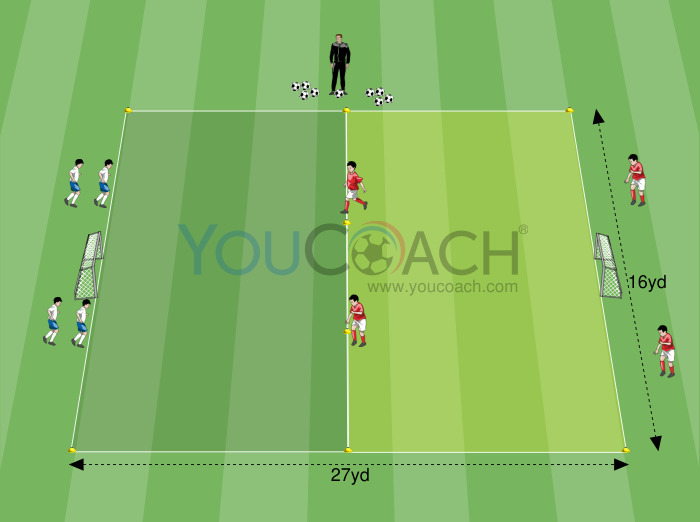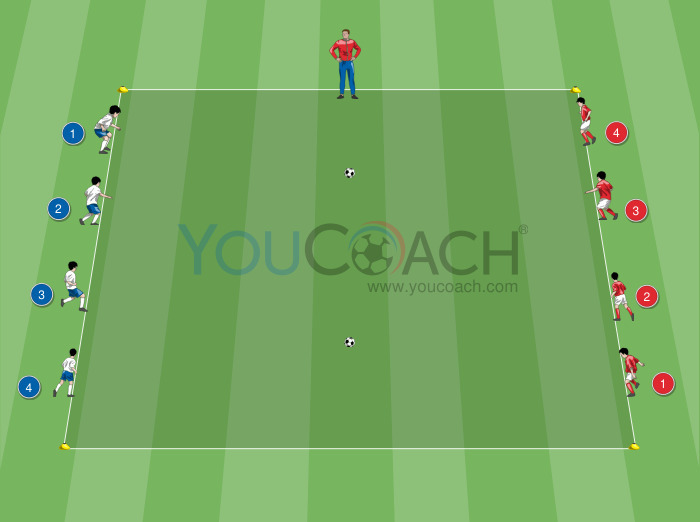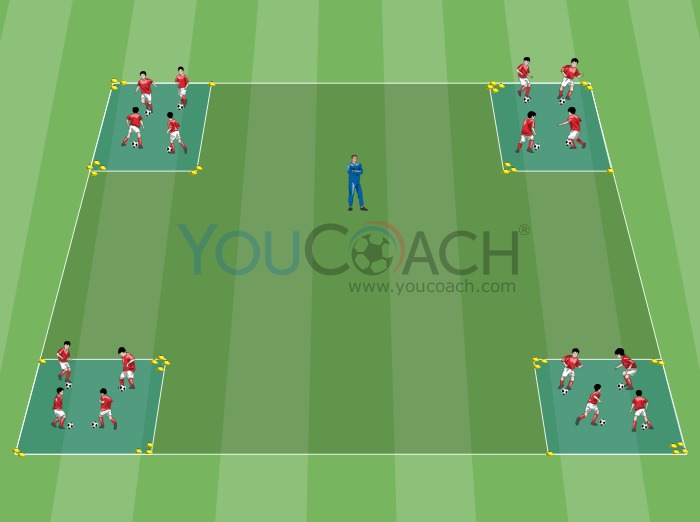Interpersonal space management
Goal
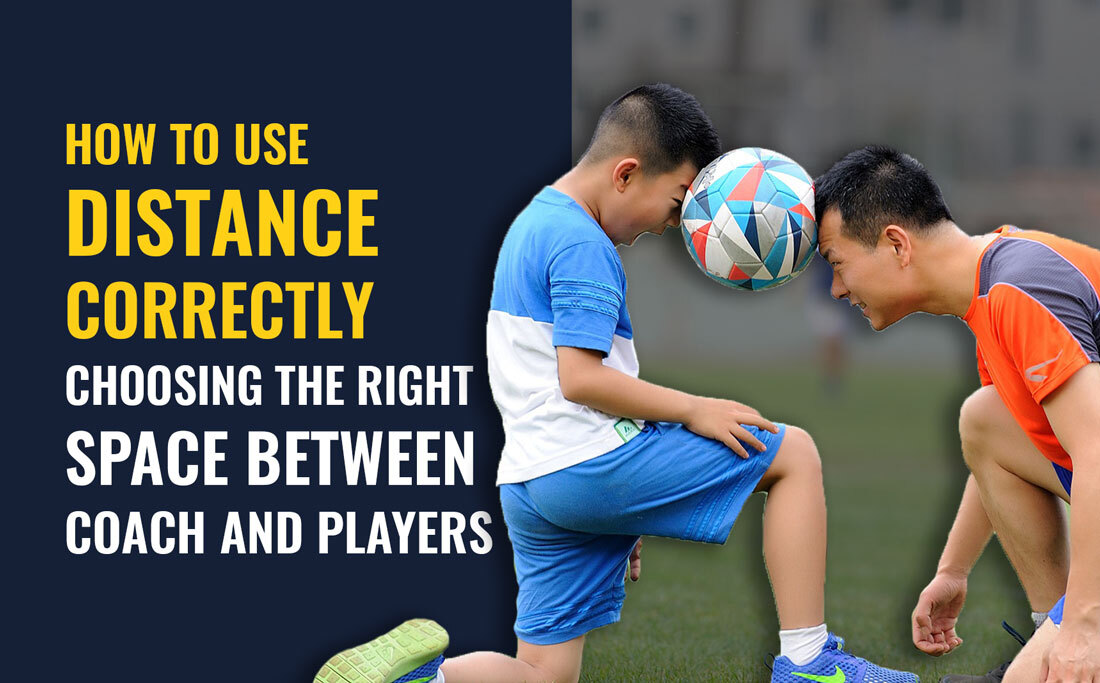
|
The benefits of mastering space between the coach and their players |
In a previous article we discussed proxemics, defined as the physical space existing between the coach and their players. I made some practical examples to distinguish between intimate, personal, social and public distance (see our article “The right distance”).

In this article I’m going to point out the benefits of a correct management of this space. It’s always important to emphasize the advantages of something (behaviour, choice, action, etc.) because this stimulates us to pursue our goals and/or make those changes we need to increase our efficacy. This is true for everybody: for me, for you readers who can decide at the end of your reading whether to make effective use of it or not, as well as for your players whom you ask hard work and dedication.
I’d like to summarize for you the many benefits of a correct use of interpersonal space:
- Possibility to receive feedback from players when necessary;
- Time optimization: we have seen that varying the distance according to our familiarity with our proposals avoids wasting time, in case we have to repeat or explain the exercise again;
- The voice arrives correctly and can be modulated as required;
- It improves attention and reduces distractions;
- Adopting an intimate or personal distance increases emotional involvement, which helps connecting with players;
- Managing dysfunctional group dynamics, for instance by limiting mockery in case of a player’s mistake;
- Increase of the group’s perceived efficacy and improvement of individual self-efficacy: To catch the meaning of this concepts I’ll ask you to imagine what players of a team might think in the long run hearing a teammate being incessantly scold during practice and then have to pass him the ball during the match. Would they trust him? Would they credit him with any skill or competency? Would they feel that all members of the team are equally or at least potentially capable? Not at all! This is why it is important to correctly manage mistakes or difficult moments for young players, also adopting “the right distance”, so as to avoid them feeling judged and unskilful;
- All players perceive themselves as being on the same level for they feel being treated equally: This happens when I keep a social or public distance as well as when I opt for a personal or intimate distance which I choose to adopt with all the players in different moments, according to specific needs (correction, support, confrontation of two players);
- Management of the individual in the group and of the group as a collection of individuals.
The benefits are many, I listed them in random order, so that all of them justify the attention we should pay to keeping the “right distance”.
In conclusion, I invite you to make one final consideration: when acting as coaches, we are often more concerned about parents keeping the right distance from us and our players (their children!) and forget how important it is that we observe all these precautions first.


